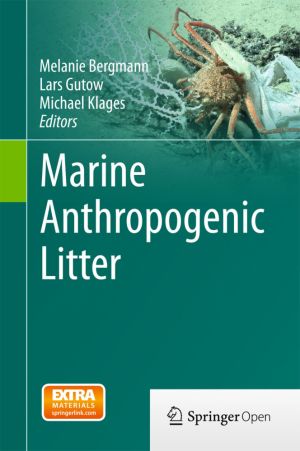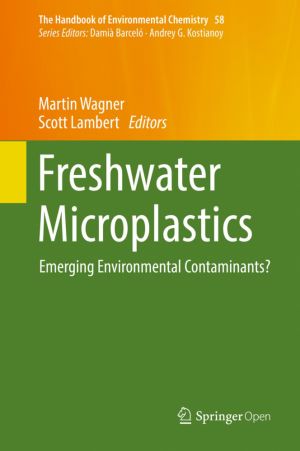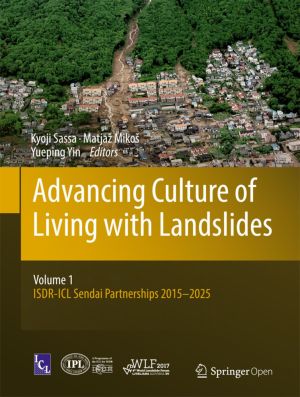
This book describes how man-made litter, primarily plastic, has spread into the remotest parts of the oceans and covers all aspects of this pollution problem from the impacts on wildlife and human health to socio-economic and political issues. Marine litter is a prime threat to marine wildlife, habitats and food webs worldwide.The book illustrates ...

This book demonstrates how nonlinear/non-Gaussian Bayesian time series estimation methods were used to produce a probability distribution of potential MH370 flight paths. It provides details of how the probabilistic models of aircraft flight dynamics, satellite communication system measurements, environmental effects and radar data were constructed...

This book covers essential aspects of transmutation technologies, highlighting especially the advances in Japan. The accident at the Fukushima Daiichi Nuclear Power Plant (NPP) has caused us to focus attention on a large amount of spent nuclear fuels stored in NPPs. In addition, public anxiety regarding the treatment and disposal of high-level radi...

This volume focuses on microscopic plastic debris, also referred to as microplastics, which have been detected in aquatic environments around the globe and have accordingly raised serious concerns. The book explores whether microplastics represent emerging contaminants in freshwater systems, an area that remains underrepresented to date. Given th...

There is virtually nowhere on Earth today that remains untouched by plastic and ecosystems are evolving to adapt to this new context. While plastics have revolutionized our modern world, new and often unforeseen effects of plastic and its production are continually being discovered. Plastics are entangled in multiple ecological and social crises, f...

Following the Fukushima nuclear accident, a large volume of monitoring data has been collected about the soil, air, dust, and seawater, along with data about an immense number of foods supplied to the market. Little is known, however, about the effect of radioactive fallout on agriculture, information about which is vital. Although more than 80% of...

As cities develop, more land is converted into impervious surfaces, which do not allow water to infiltrate. Careful urban planning is needed to ensure that the hydrologic cycle and water quality of the catchment areas are not affected. There are techniques that can attenuate peak flow during rain events and reduce the amount of metals, nutrients, a...

This volume contains peer-reviewed papers from the Fourth World Landslide Forum organized by the International Consortium on Landslides (ICL), the Global Promotion Committee of the International Programme on Landslides (IPL), University of Ljubljana (UL) and Geological Survey of Slovenia in Ljubljana, Slovenia from May 29 to June 2, 2017. The compl...
